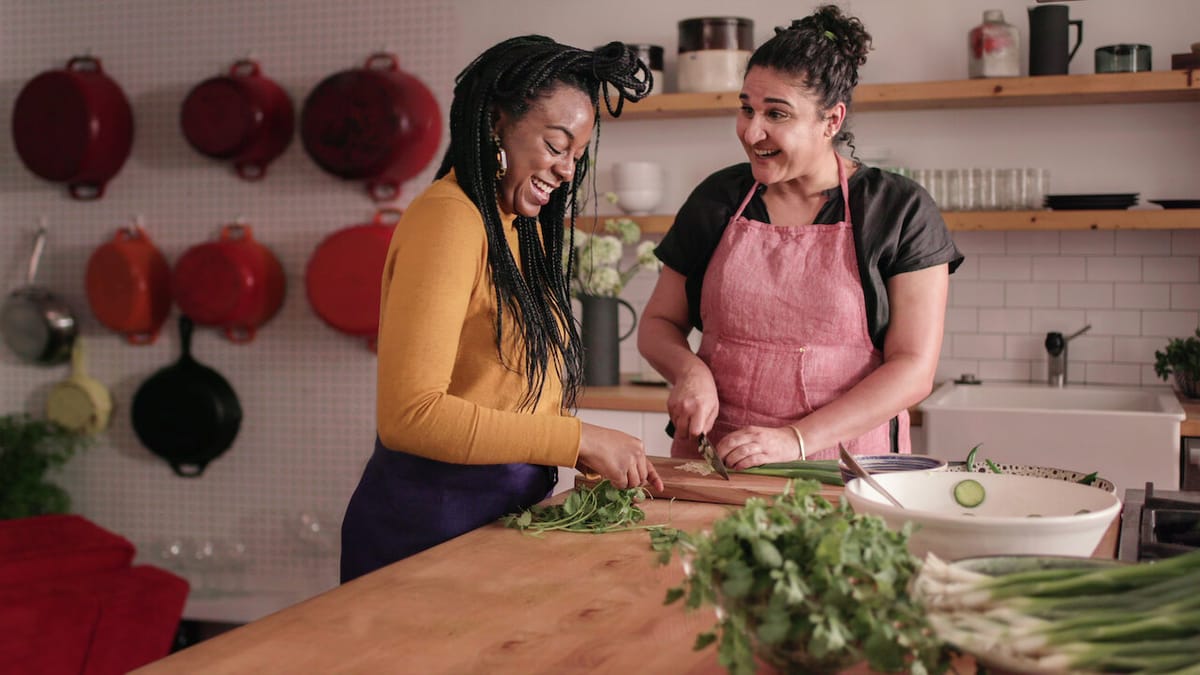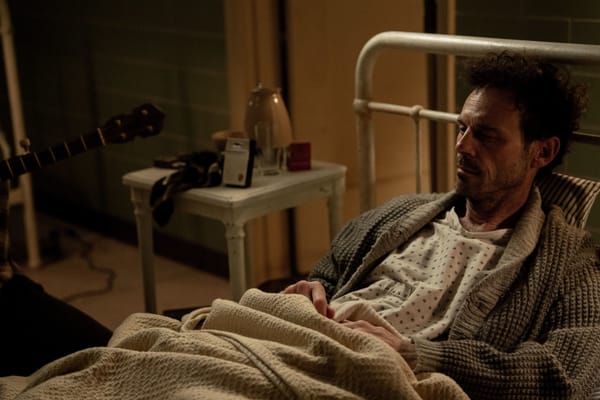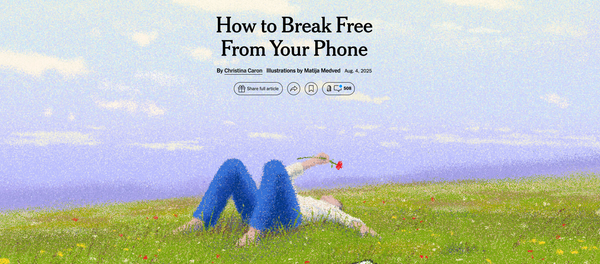Practice (+ Humility) Makes Progress (?)
When we're not experts, best to own it

I don’t have a big academic theory or journal article illustration to appeal to in order to make my other big point about practice. (At least not yet.) But it feels truly essential to me, and I want to carve out some space for it here.
I’ve been thinking for years about an interview with chef and author Samin Nosrat that I heard while we were living in California. Yesterday I discovered it was not, in fact, from the delightful Sporkful podcast (though that interview is also great) but on the Longform podcast (which I'd entirely forgotten about but was delighted to discover is still in operation). The full episode is 1000% worth a full listen.
The part that has stuck with me, though—I mean really stuck with me—is hearing about the big transition that happens for Nosrat when she goes from the realm of cooking to writing (her thoughts on the reciprocity of these disciplines are also really interesting) and then to making a TV series. Quick excerpt (emphases added):
I have always been a student and a deep believer in practice. When I first started cooking, all the chefs ... said "You won't know anything until you've been cooking for ten years." ... And there is a way that after ten years it just becomes a part of your body ... I just know it in my bones. That was really drilled into me as a cook ... It felt wrong in some ways to get this huge book deal and have this huge expectation. I thought a lot, "How am I supposed to deliver the masterful thing the first time?" Am I not supposed to have a million chances to make mistakes first? ... [And then filming for the show], I've learned a lot. There's so much to know. There's angles and ways you're supposed to stand ... The stakes keep getting higher ... and yet I'm still an amateur every time I'm doing a new thing ... I do still believe in practice ... [But] there's a way where we can make something together and it will just have to get better over time.
This whole evolution seems to me to illustrate almost the shadow side of the power of practice. The mastery that can eventually come from practice is a tremendous gift, sure. Feeling competent is highly motivational. But the reality is that a fair bit of our lives will put us in positions where we are doing tasks that we haven't mastered, trying things we will fail at or at least perform like amateurs for most if not all of our attempts. How do we respond when know we haven't had enough practice but we just have to do it anyway?
What I so love about Nosrat's account of moving from expert cook to increasingly experienced writer to outright beginner TV host is the balance she strikes.
First, she's rooted in her practice. Through becoming an expert, she has learned what it's like to perform at a high level and in a confident way. And of course it's this very mastery that opens up the other opportunities for her.
But she also knows that in new pursuits, she's going to fall short of her usual standards and that she has to be willing to do so without becoming totally unravelled. "I am an expert, so I can't help but recognize I'm in not-expert waters here."
I get the impression (though I'm reading subtext here) that the experience of spending four years writing the book version of Salt Fat Acid Heat gave her a strong commitment to letting go of perfectionism when she started working on the TV version—plus, of course, studios aren't going to wait around for practice to make perfect for every celebrity author they do a TV deal with.
Maybe this is just her personality, but what I found so compelling about the story is the idea that when we're short on practice, we need a really heavy dose of humility. We need to remember all those mistakes we got to make to become good at the tasks that are our strengths, and we need to actually seek out those errors when we're working on our weaknesses. And we definitely need to remember that being expert cooks doesn't make us expert TV hosts.
It's a tightrope walk between "Get out of my way, expert coming through [nevermind about what]" and "Oh God, I am a beginner and absolutely hopeless."
Is this making sense? I'm still trying to put my finger on it, but I think there's value, when learning something new, in having walked a path of very intense practice and arrived at expertise. But that's only true if we're willing to recognize the limitations of that experience—despite the constructivist's trust that all that old knowledge will often be beneficial for our new knowledge.
The key, it seems to me, is being willing to surrender quite a lot of how we get used to feeling once we've mastered something. You will perhaps not be surprised to hear me wonder if a playful posture makes that exchange a much easier pill to swallow.



